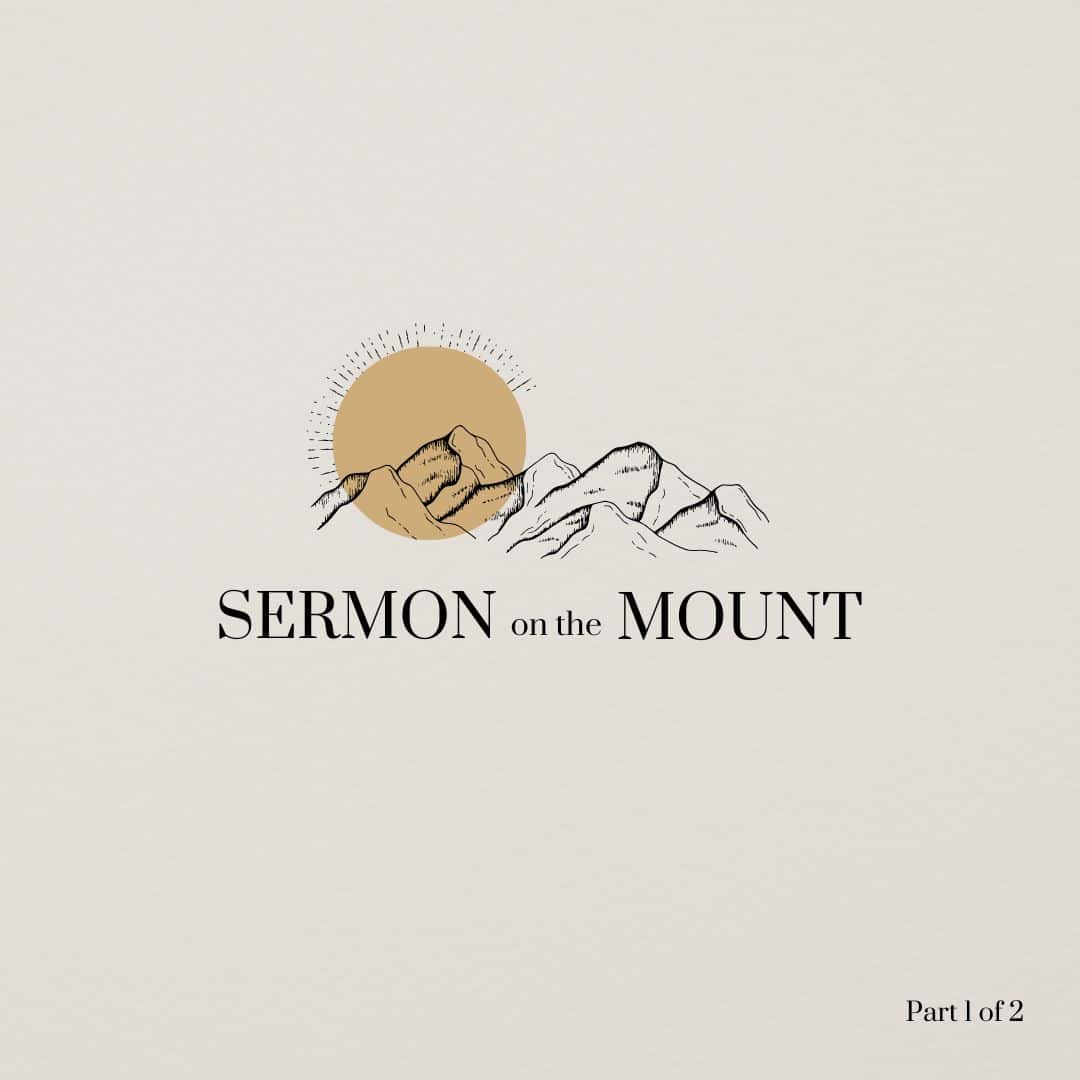Red Couch Theology Podcast
Aaron Bjorklund2023-11-17T08:04:48-07:00Sermon Conversations with Alex and Aaron There’s only so much we can cover in a Sunday morning gathering! Each week, you’re invited to tune into our podcast at 11 am on Thursdays – recorded (and [...]


